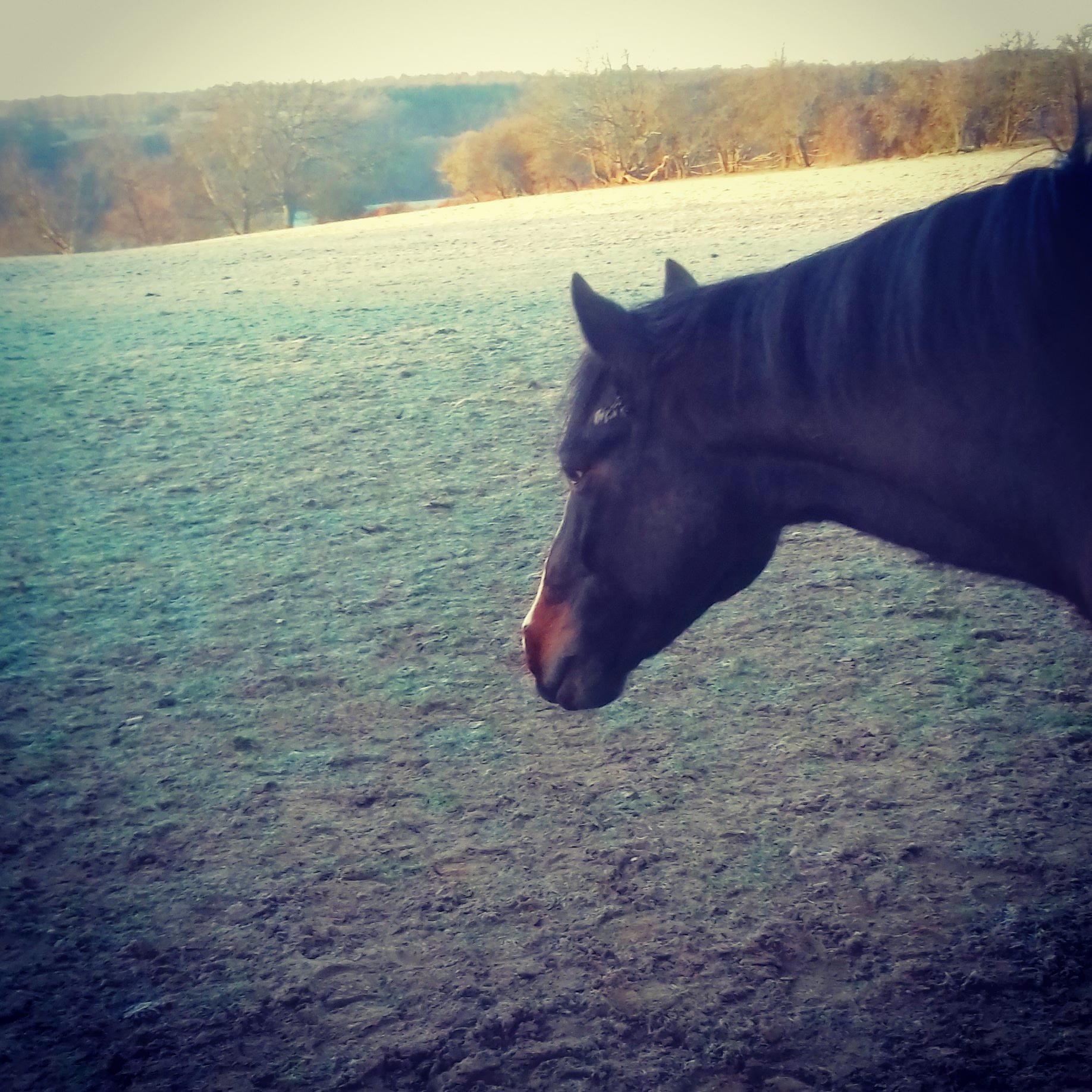As in title.
This has to be the worst in 5 winters that our herds field has ever been. It’s usually a great well draining field but with the weather last summer and this winter being what it’s been and the grass just not growing last autumn either the field is just trashed




The whole 9 acres is like this. Here are only four horses on it but it just didn’t grow last year at all.
I’m hoping that we get moved fields in spring to give this one a chance to rest and recover as I don’t think a roll and reducing the hooves on it is going to work this year
This has to be the worst in 5 winters that our herds field has ever been. It’s usually a great well draining field but with the weather last summer and this winter being what it’s been and the grass just not growing last autumn either the field is just trashed




The whole 9 acres is like this. Here are only four horses on it but it just didn’t grow last year at all.
I’m hoping that we get moved fields in spring to give this one a chance to rest and recover as I don’t think a roll and reducing the hooves on it is going to work this year











